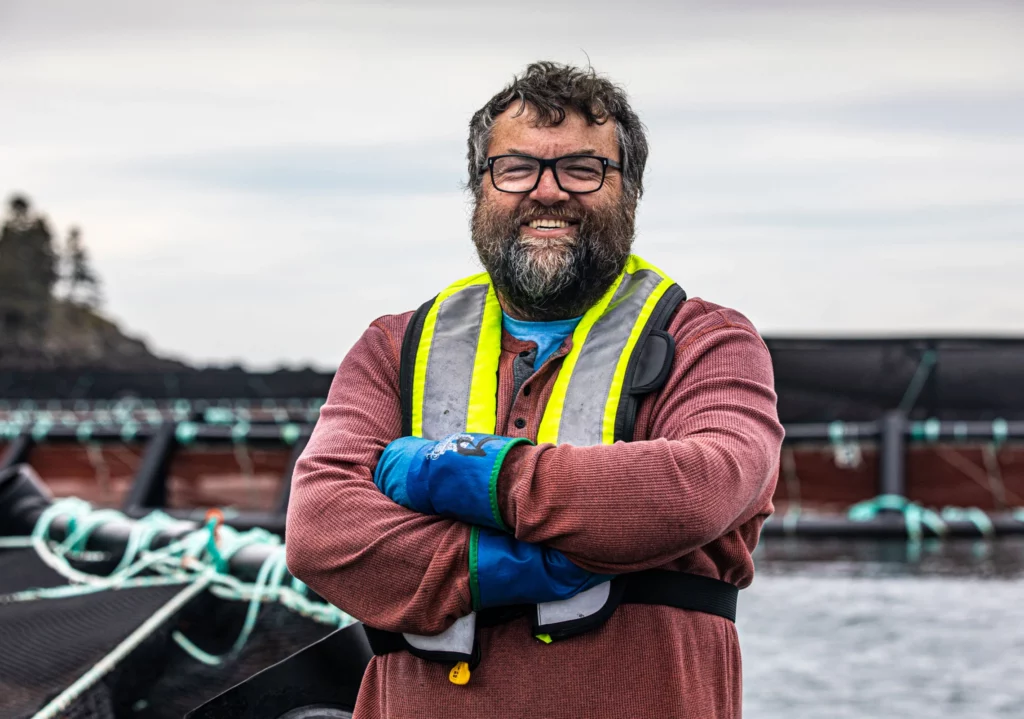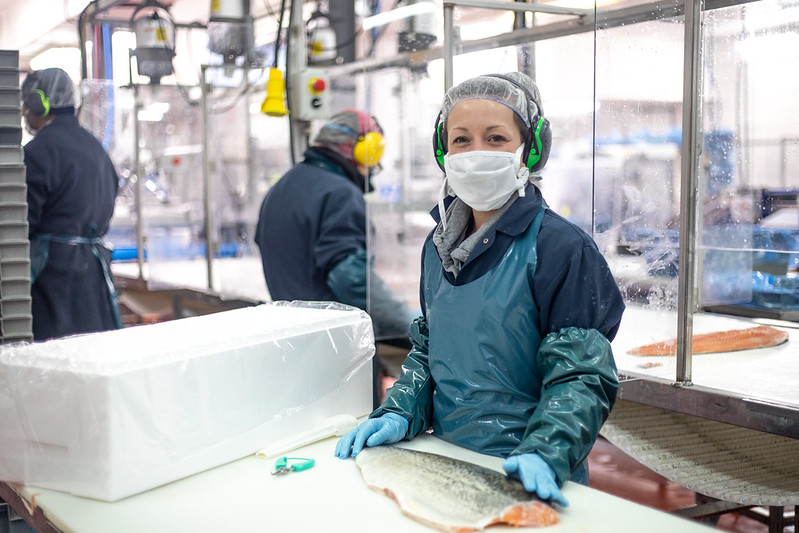Best Aquaculture Practices Adds 156 New Facilities in First Quarter of 2019
The industry-leading Best Aquaculture Practices (BAP) third-party certification program added 156 new facilities to the program in the first quarter of 2019, ending with a total of 2,430 facilities in 34 countries and six continents.
Of the 2,430 BAP-certified facilities, 1,642 are farms, 379 are processing plants, 44 are re-processing plants, 240 are hatcheries and 125 are feed mills. The 1,642 farms represent about 1.65 million metric tons of production annually.
In addition to the program continuing its growth, there was also a first in the first quarter — Sri Lanka’s first BAP-certified farm, Oceanpick Pvt. Ltd.
Demonstrating the industry’s long-term commitment to responsible aquaculture, the BAP program has more than tripled in size in the past four years, growing from about 700 BAP-certified facilities by the end of 2014 to 1,500-plus facilities by the end of 2016 to 1,778 facilities by the end of 2017. Last year, the program grew 29 percent, closing out 2018 with 2,287 facilities.
BAP is the world’s most comprehensive third-party aquaculture certification program, with standards encompassing environmental responsibility, social responsibility, food safety, animal health and welfare, and traceability. The BAP program covers the entire aquaculture production chain – processing plants, hatcheries, farms and feed mills. Additionally, the program is compliant with the Global Food Safety Initiative (GFSI), Global Social Compliance Programme (GSCP) and Global Sustainable Seafood Initiative (GSSI).
About BAP
A division of the Global Aquaculture Alliance, Best Aquaculture Practices is an international certification program based on achievable, science-based and continuously improved performance standards for the entire aquaculture supply chain — farms, hatcheries, processing plants and feed mills — that assure healthful foods produced through environmentally and socially responsible means. BAP certification is based on independent audits that evaluate compliance with the BAP standards developed by the Global Aquaculture Alliance.




